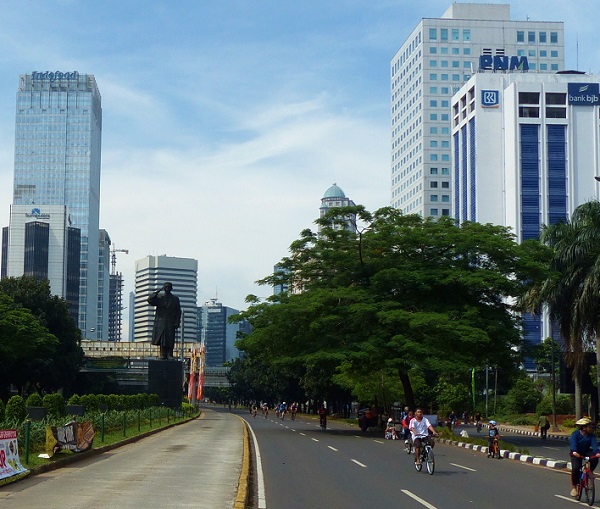Indonesia Opens Room for Bauxite Export, Nickel Ore to Follow?
Indonesian miners may be allowed to resume bauxite exports after a government official signalled that the Indonesian government is looking at relaxing its (raw) mineral export ban. This ban, implemented in January 2014, was introduced in an effort to boost domestic processing capacity, generate more revenue (by adding value to its mineral products) and enhance employment opportunities in Southeast Asia’s largest economy. However, amid the lack of domestic smelting capacity, the export ban has led to a plunge of exports.
For example, exports of bauxite (an aluminum ore) declined to 2.1 million tons in 2014, significantly down from 55.6 million tons (with a combined value of USD $1.3 billion) in the preceding year, while bauxite smelter development has not progressed satisfactorily. Said Didu, Head of National Smelter Development at the Energy and Mineral Resources Ministry, stated that Indonesia is in need of a breakthrough to boost domestic bauxite smelting capacity by 2017.

By allowing bauxite exports, Indonesian miners can obtain additional funds to invest in bauxite smelters (several bauxite miners are facing difficulties to finance these facilities). However, not all bauxite producers will be able to resume exports. Didu said that only those bauxite miners that have completed the construction of their bauxite smelting facilities for at least 30 percent will be able to apply for a license to resume bauxite exports. However, these exports will be subject to an export tax of at least 7.5 percent (this percentage will be reviewed periodically based on progress of the smelter construction). Miners also need to pay a deposit to the government as evidence of their serious commitment to construct bauxite smelters.
Previously, the Indonesian government had offered a similar deal to the country’s copper miners (including Freeport Indonesia and Newmont Nusa Tenggara).
Read Column: Newmont Nusa Tenggara Resumes Copper Concentrate Exports
Read Column: Mining Renegotiations: Freeport Indonesia Builds Copper Smelter in Gresik
The government’s plan to somewhat ease the mineral export ban is also part of efforts to improve the country’s wide current account deficit, which places pressures on the Indonesian rupiah exchange rate. Last month, the administration of President Joko Widodo said it is considering to delay the full implementation of the ban on exports of copper and other mineral concentrates. Originally, this ban was scheduled to come into effect in 2017, but this may need to be postponed due to the lack of progress with construction of domestic smelting facilities.
Indonesia is a global leading bauxite producer and the main supplier of this mineral to China (before implementation of the ban). After Indonesia banned exports of bauxite, global buyers turned to Malaysia and Guinea for the purchase of bauxite.
After the Indonesian government opened room for copper concentrate and bauxite exports speculation emerged suggesting that it may also ease restrictions on nickel ore export. This would put pressure on global nickel prices. In early March, the government said that 11 new nickel smelters are be built in Indonesia over the next two years (worth a total of USD $1.4 billion).
